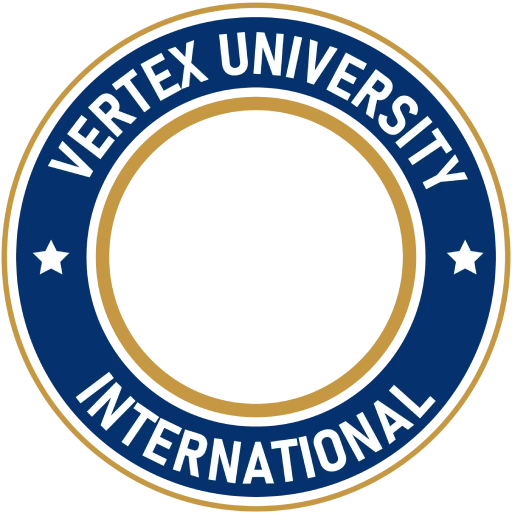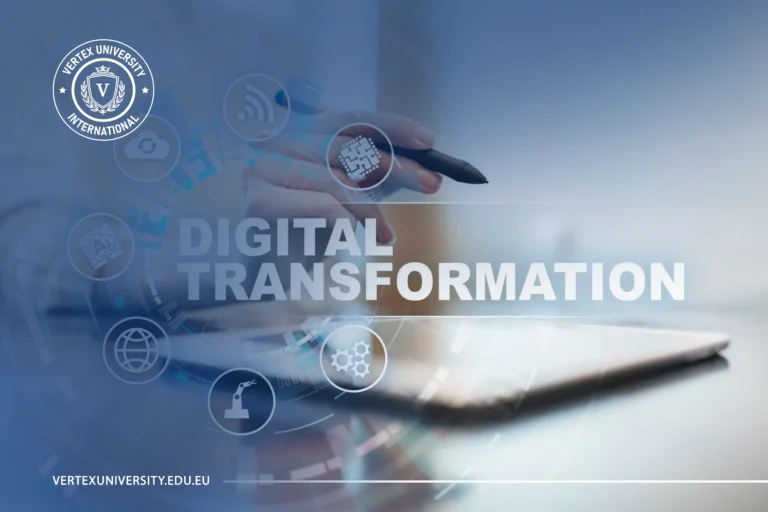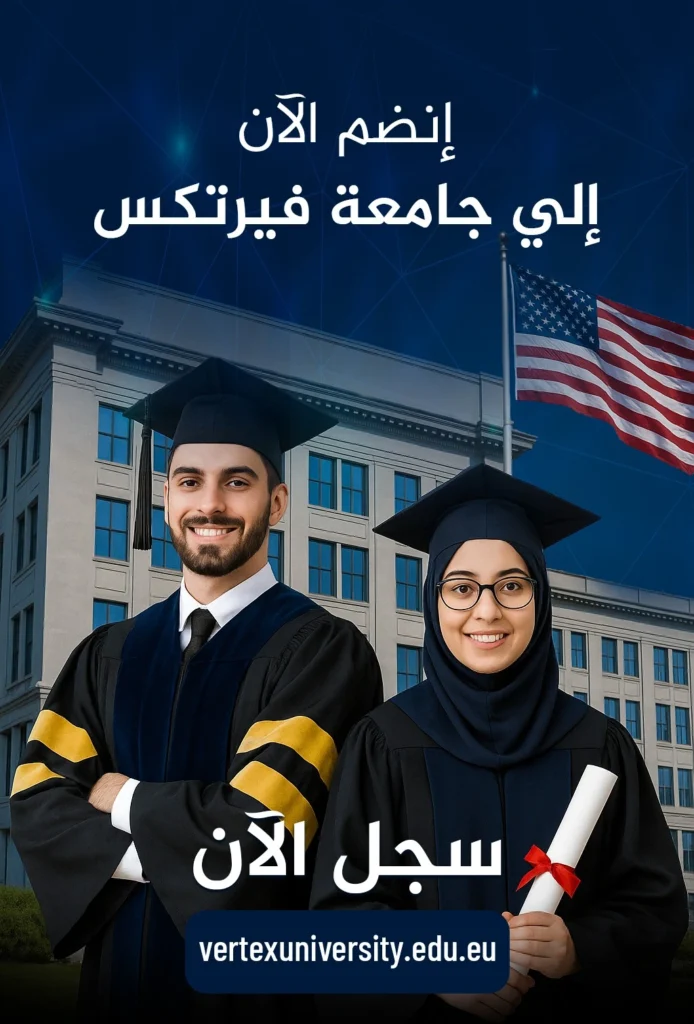Digital transformation has become a reality. To keep pace with the rapid changes across various sectors, it’s essential to understand the emerging terms and concepts associated with this transformation—especially in higher education, which has evolved with the rise of smart universities, digital learning, online study, and distance education. These terms became prominent in the academic and professional landscape as the COVID-19 pandemic accelerated the adoption of digital technologies, making concepts like digitization, automation, cybersecurity, digital education, and smart universities fundamental to the development of educational systems.
Digitization vs. Digital Transformation: Complementary Concepts
While the terms “digitization” and “digital transformation” are often used interchangeably, they refer to distinct ideas. Digitization is the process of converting analog data into digital formats—for example, turning paper documents into digital files. In contrast, digital transformation encompasses a broader scope, involving the use of digital technologies to create fundamental changes in institutional processes and operations to improve efficiency and performance. It requires a rethinking of business models and organizational culture and is driven by innovation and continuous development. Therefore, digitization is the first step toward digital transformation but is not sufficient on its own to bring about comprehensive change.
Automation: Accelerating Processes and Enhancing Efficiency
Automation is one of the most significant aspects of digital transformation. It improves efficiency and reduces human error by using software and modern technologies to perform repetitive tasks. In the educational context, automation plays a vital role in managing administrative and financial processes such as student registration, class scheduling, and performance evaluation. This allows academic staff to focus more on pedمنذgical and creative tasks.
Cybersecurity: Protecting Digital Information
Cybersecurity is a cornerstone in safeguarding sensitive information within educational institutions. As reliance on digital systems grows, the need for robust strategies to protect the confidentiality and integrity of data becomes more critical—especially in light of increasing cyber threats.
Digital Learning: A Flexible and Accessible Educational Environment
Digital learning has become an essential requirement for creating a flexible and accessible learning environment. It allows students to access educational resources anytime and from anywhere, thus enhancing opportunities for self-learning and continuous engagement. Universities worldwide have made significant strides in developing digital learning environments.
Smart Universities: An Advanced Model for Higher Education
Smart universities represent an advanced application of digital transformation in higher education. They leverage cutting-edge technologies to enhance the quality of teaching and research while providing flexibility and ease of access. These institutions aim to create interactive learning environments that foster innovation and meet the evolving demands of the labor market.
E-Learning: Toward a Flexible Learning Environment
E-learning refers to the use of modern technologies to deliver educational content online, allowing learners to access information anytime, anywhere. This type of learning includes various formats such as synchronous learning, where the teacher and student interact in real time, and asynchronous learning, which enables students to learn at their own pace. E-learning supports self-directed learning and accommodates different learner needs. It also enhances interaction between teachers and students through virtual classrooms and simulations, contributing to better learning outcomes in a more flexible setting.
Distance Education: Overcoming Geographic and Temporal Barriers
Distance education is a natural extension of e-learning. It allows learners to pursue their education without being physically present at the institution. This model uses various technologies—including educational videos, email, and online learning platforms—to deliver content and facilitate interaction, regardless of the distance, which could span countries or continents. Distance education has become a strategic option for institutions seeking to broaden their reach, particularly in remote areas or under exceptional circumstances. It also empowers learners to manage their time more effectively, leading to improved learning outcomes and greater student satisfaction.
Lifelong Learning: A Necessity in the Digital Transformation Era
In a world defined by rapid change and continuous advancement, lifelong learning has become a vital necessity for both individuals and organizations. It refers to the ongoing process through which individuals acquire new knowledge and skills, whether through formal education or self-learning. Lifelong learning enables people to adapt to technological and economic changes, boosting their capacity for innovation and growth within their professional fields. Organizations that foster lifelong learning among employees are more agile and better positioned for success in dynamic work environments.
Blended Learning: Integrating Traditional and Digital Models
Blended learning combines traditional classroom education with online learning, aiming to leverage the strengths of both. This model allows for direct interaction between teachers and students in a traditional setting while offering the flexibility and diversity of digital resources. Blended learning addresses diverse learner needs and enhances the educational experience through modern tools and innovative teaching methods. It also improves learning outcomes and increases student satisfaction.
Vertex University: Navigating the Challenges and Opportunities of Digital Transformation
In the face of the challenges and opportunities brought by digital transformation, Vertex University stands as a leading model in embracing and applying modern educational concepts. By offering a smart learning environment powered by advanced technologies and providing flexible, customized academic programs, the university empowers students to achieve both academic and professional goals. Its emphasis on lifelong learning reflects a deep commitment to addressing diverse learner needs and preparing them to adapt to future changes. Vertex University serves as a living example of how to utilize digital-era concepts to maximize opportunities and overcome the challenges imposed by transformation across education systems, labor markets, and professional structures.







